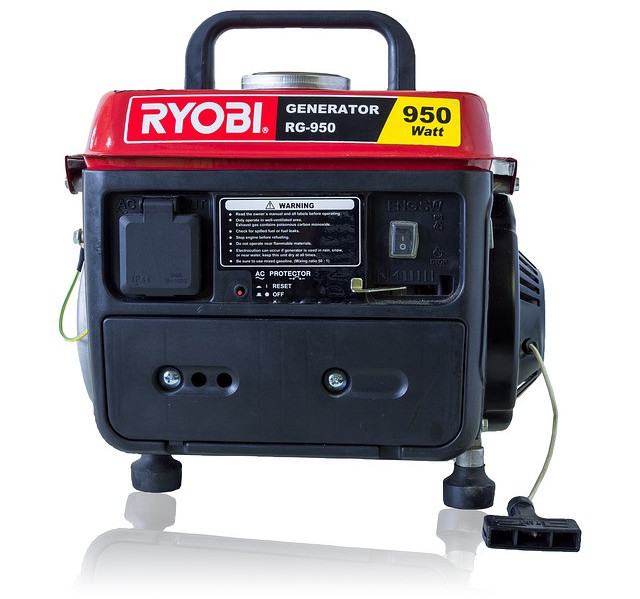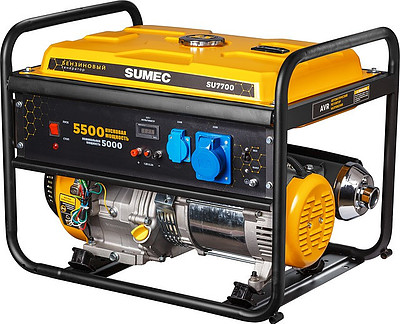While you may have a designated emergency generator for your home, having the right generator for your camping needs is a separate topic. Yes, you can have a dual-purpose generator, but only if it meets your requirements.
Typically, a home generator is larger, louder, and less portable than would be suitable for camping. Today we’ll discuss a few items to consider before purchasing a camping generator.
What Size Generator Do I Need for Camping?
There are a few variables at play here, but on average 1,500 – 2,500 watts should take care of most campers. Now let’s look at some variables.
- Determining Power Requirements
- Inverter or Not
- Weight
Finding the Right Power
According to Smart Camper, understanding what equipment you’ll be using or want you use will determine how many watts you’ll need. If you are tent camping with only a few items, then you can get by with a smaller unit.
On the other hand, providing power to a RV for operation of multiple AC units will require something much larger.
It is also important to understand that in addition to the required wattage to run a piece of equipment, it is highly likely that it needs more wattage to start. If you don’t want to start each device individually, or worry about overloading your generator, be sure to calculate each devices starting requirements.
Obviously, it is easier to just say an 8,000w or 10,000w will cover me and just call it good. That is likely a true statement, however, having a larger generator will be bulkier, heavier, and more expensive.
It is perfectly fine to get a little over what you need in case you want to add some other appliance later. I wouldn’t go overboard though.
Do I Need an Inverter or Not?
My Generator spent some time discussing this topic and here is what they had to say. For camping, inverters are ideal. They are lighter weight, easier to maintain and more fuel efficient.
In addition, they are much quieter than your standard generator. We all know how it is to be at a campsite and hear that extremely loud generator from several lots down. Nobody wants that.
Aside from the above, inverters are better at protecting sensitive items such as laptops, phones, computers, and some appliances. Generators without inverters do not produce stable energy streams meaning that it could spike, causing damage to whatever it is plugged into.
How Heavy is Too Heavy
According to Top Notch Outdoors, 2,000 watts should be sufficient for the typical camper. The thing to ask yourself though, is how far am I going to be pulling and/or carrying this generator.
Are you going to be parked beside the campsite, or will you have to handle it for a short distance? This is a valid concern for everyone.
Fortunately, a lot of generators these days come with wheels for pulling, at least the larger ones.
When it comes to size of a generator, getting what you need vs. what you want will have to be decided.
Interested in reading a few of our other topics, click here.
Conclusion
Without a doubt, having a generator for your outdoor experience is a plus. With that said, there are a lot of considerations to be made before purchasing one.
If you don’t have a generator now, I would get an inverter. If you have a standard generator, it can be used. Please understand that while they are cheaper for more wattage, there are some limitations that apply.
I hope that you have found this information helpful. If you have some insight into camping with generators, please leave us a comment and let us know.
Keep Winning Outdoors!


